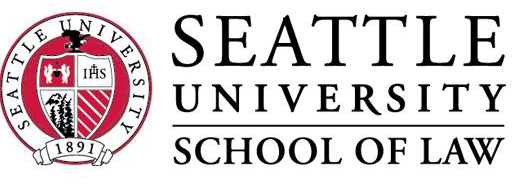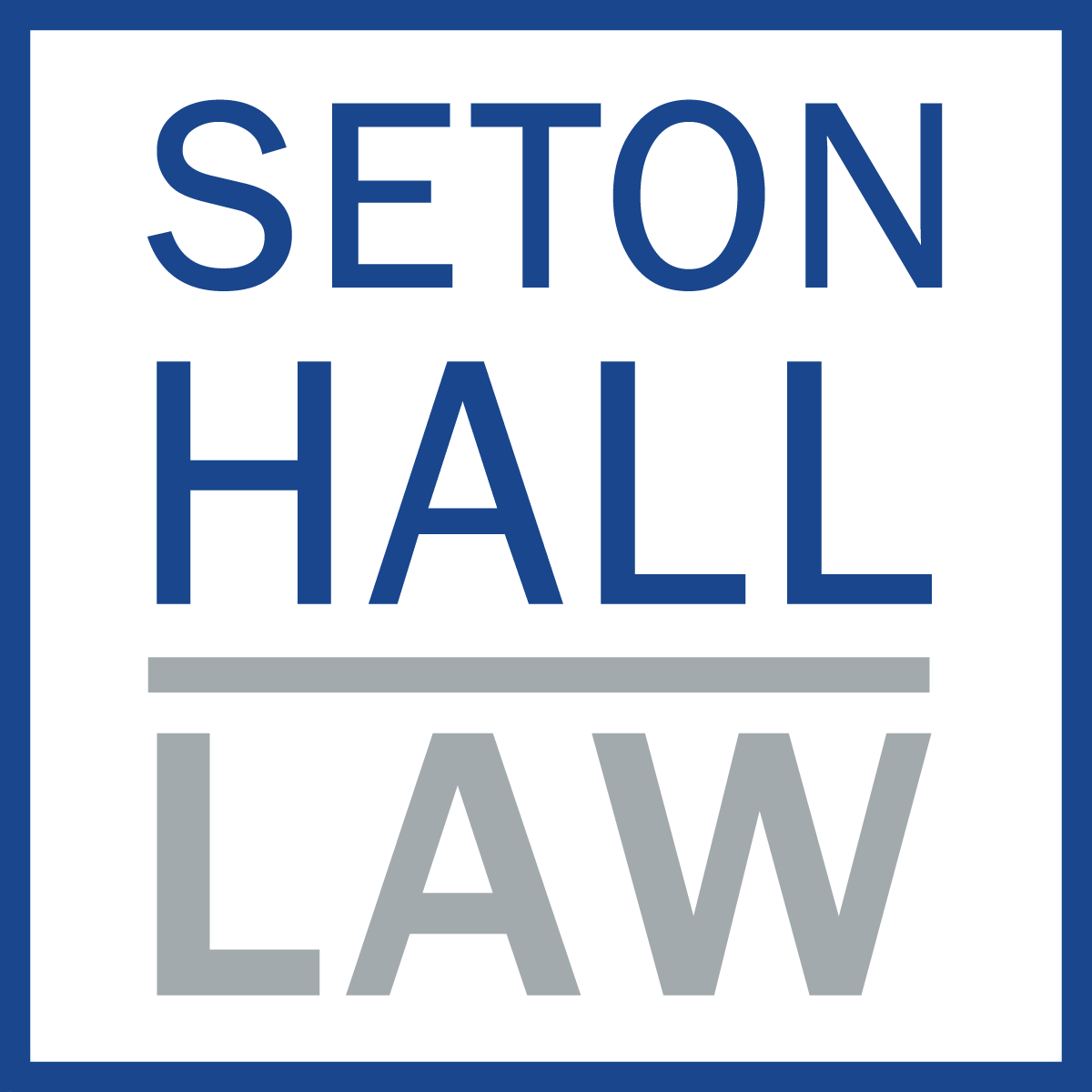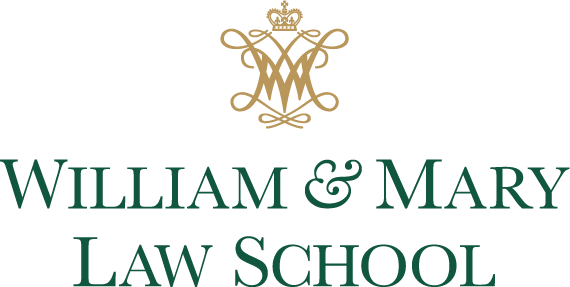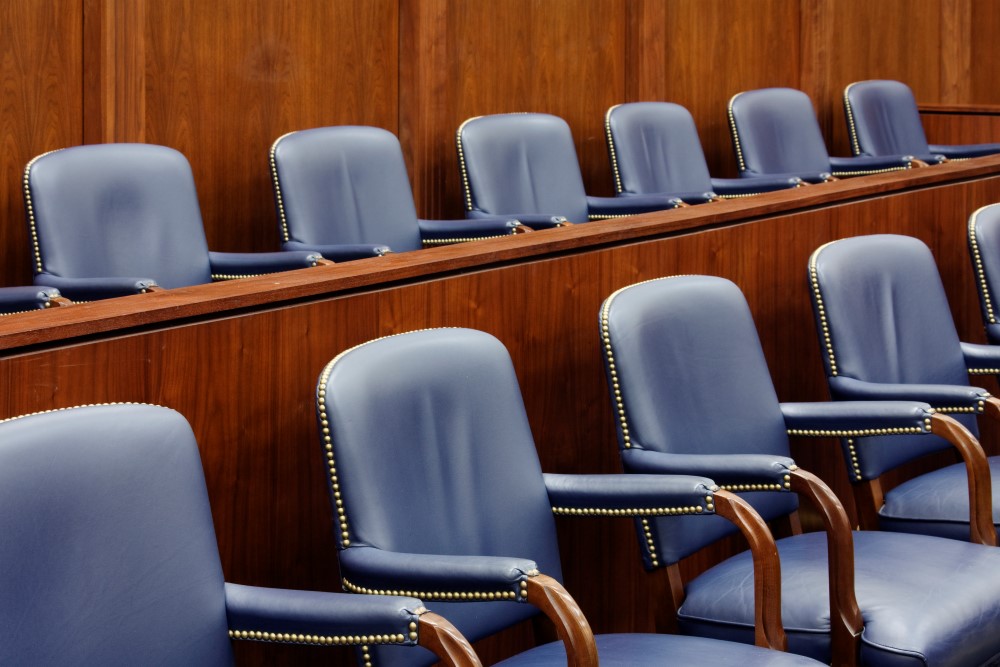Chukwukpee Nzegwu is a junior associate practicing commercial litigation at a large, general practice law firm. While he didn't go to law school to do commercial lit, he's found it both exciting and challenging. He explains that his decision was influenced by the opportunity to gain trial experience and be involved in oral advocacy. Chukwukpee discusses his work as a problem solver for clients involved in lawsuits and highlights the complexity of commercial litigation. He shares his experiences working on cases from the beginning to the end, including drafting motions, researching statute of limitations arguments, and participating in appeals. Chukwukpee is a graduate of the University of Maryland.
Transcript
Host:
From LawHub, this is I Am The Law, a podcast where we talk with lawyers about their jobs to shed light on how they fit into the larger legal ecosystem. I'm Kyle McEntee. In this episode, I interview a commercial litigator at a large firm who is relatively early in his career.
Kyle McEntee:
We're joined today by Chukwukpee Nzegwu, a 2020 graduate of the University of Maryland School of Law who primarily practices commercial litigation, but also has experience in white collar defense. He's an associate at Womble Bond Dickinson in Baltimore, Maryland, though sometimes works out at the DC office. I think one of the most interesting things about your story is both how you ended up at Maryland and how you ended up practicing commercial litigation. You went to college at Vanderbilt but chose to come back to Maryland for law school. What were some of the factors that led you to choose the University of Maryland?
Chukwukpee Nzegwu:
Being a Maryland native, a lot of my family is in the Maryland and DC area. It's an area I really enjoyed growing up in and knew I wanted to come back to. And so I was looking at law schools that would provide me good job opportunities after in this area. I saw that it not only put a lot of graduates in the DC area as well as the Maryland area, but it also gave opportunity to try cool subject matter such as their immigration program, which is really strong, their environmental program and their international program. And there's even some connection between their environmental international program, which as a political science with a base in the international side, it was really appealing to me.
Kyle McEntee:
So you didn't go to law school then wanting to practice commercial lit you actually were interested in environmental and immigration law, right?
Chukwukpee Nzegwu:
Yep, that's right. And I didn't really have an opportunity to try commercial litigation until my second year summer. That first summer, I had spent time at an immigration nonprofit, providing legal services. I was working on asylum claims, helping individuals who were fleeing persecution and filing their status here in the states, as well as U visas, which I found very fascinating.
Kyle McEntee:
So a really cool experience and yet you end up going in a different direction. Why did you end up ultimately deciding to go to Womble and doing commercial lit instead?
Chukwukpee Nzegwu:
I didn't know about the commercial experience until a lot of people that first year talked about their summers when we came back in the second year. And then that first summer as well, a lot of stuff was going on with my family and I was kind of being a financial drain in a sense of which I didn't have a paid opportunity that summer doing the immigration work. And so my family was helping to pay my bills that summer and up until the beginning of fall until the next loan check came in. And it was just a very uncomfortable feeling knowing that we had things going on in the family and I wasn't able to help at that point. Not that anyone was saying that was an issue or anything, but I come from a very giving family and I hope to be able to reciprocate that sooner.
Kyle McEntee:
Yeah, I think that's pretty common to look at the financial opportunities at a large firm and you know, want to share the wealth with your family, especially as they've supported you as they had. As you got into your second year, your 2L summer job with Womble, what was that experience like?
Chukwukpee Nzegwu:
Yeah, so the 2L summer, I split it between doing commercial litigation and transactional law. I wanted to get an opportunity to try what contract drafting is like or governance of a corporate entity, so maybe an entity asks you to help make a new company for them or they want to change the structure of their board of government. You're helping them with their internal documents and restructuring the hierarchy or how voting works. So I got to do some of these cool transactional projects. Because in law school, I didn't really have that experience. Most of my experience in law school was litigation-based, so I made sure to take in as many opportunities as I could, and Womble was really good at providing access to different, not only attorneys, but work, and not only in Maryland, but also throughout their different offices in North Carolina and DC. And it really gave me a great opportunity to work with different people across the firm.
Kyle McEntee:
So with the variety of practice areas you were exposed to that summer, did you really have much of a choice when you ultimately ended up going down the commercial litigation path?
Chukwukpee Nzegwu:
I would say it came down to what I wanted to do, and I chose the commercial litigation route with the understanding that it's a very varied practice area. And I hadn't even really touched the surface that summer, compared to, you know - as we'll get later in this conversation, the work that I've been able to do now versus what I've done in that summer, it's grown exponentially.
Kyle McEntee:
It sounds like you had the option to go down the commercial litigation path. What pushed you in that direction compared to some of the other work you're doing, say board governance.
Chukwukpee Nzegwu:
You know, this is what I'm gonna say is like a TV moment. In law school, I did mock trial and I really enjoy that experience. Being able to direct examine witnesses. So that's elicit testimony from your own witness; do a cross-examination, hat's asking an adverse witness questions, those aspects were really fun in the mock setting. And I knew that to me, in my career, I would hope to have trial experience, litigation experience, motion writing, and get to that oral advocacy part. Everybody wants to kind of be like my cousin Vinny, right? Everybody wants to kind of be that trial attorney who has a really good trial. And I knew that this would be one of the opportunities to do it. And I've been glad to have had an opportunity already. And I'm hoping for more to come in the future, too, depending on how things look. But I would say that's really what pushed me instead of transactional law. I was, “How can I get in front of a judge, a jury, other people to speak?” And I believe litigation would be one of the best ways to do it.
Kyle McEntee:
So let's take a little bit of a deeper dive into what you're doing in litigation. When you're at a dinner party or home with extended family, how do you explain what commercial litigation is and who you represent?
Chukwukpee Nzegwu:
I always explain commercial litigation as I'm a problem solver for different set of clients who are either looking to get engaged in a lawsuit or defending a lawsuit. So that might mean that my client was injured by another party and they go to court to decide how much that injury is worth. And I'm representing my client as the best advocate possible to get them the most for the injury that they suffered. On the flip side, you might also be representing an entity who is alleged to have done something and you look at the evidence and you find out nothing was done. Every person, every entity deserves a proper defense and so I also do that. And it's a lot of complex matters where you have to sit down, you really have to think, look at the facts and work really well with your team to collaborate and bounce ideas off of each other.
Kyle McEntee:
You used the word injury earlier, and I'm fearful people are gonna hear that and think broken arm. But what do you mean by that?
Chukwukpee Nzegwu:
In the law sense, when we talk about an injury, it can be more seen as a wrong that a person or entity has suffered. Injury just means that if we were two people, status quo, and something happens between the two people, so maybe there was a contract. And you know, I said, Kyle, I'll pay you $500 to paint my house and I gave you the $500 and you said you would paint my house by the end of June. And June comes around and you didn't paint my house. Now we're in July and it's sweltering heat, that paints chipping and it looks really bad. And so now I'm sad and I say, you know what, Kyle, are you going to paint my house or not? And you say, I'm not going to do it.
And so that's another type of injury, which we call breach of contract because Kyle and I had an agreement. I performed on the agreement, which means I gave Kyle $500. Kyle's obligation was then to paint my house, but Kyle didn't do it. And so that's an injury to me because I paid $500 but never received anything in return. You can see that injuries go beyond just, you know, a personal injury lawyer that you might see on an ad for TV that is saying like if you got hit by a car, that you'd be able to sue whoever injured you and hit you
Kyle McEntee:
This house painting example hits a little close to home because I actually ran a small company in high school and early college, and we painted houses and we painted fences, farms, and all that kind of stuff. So, for the record, I never breached a contract.
Chukwukpee Nzegwu:
Good, alright, so hear that folks, Kyle never caused an injury to anybody when painting those houses. Ha ha.
Kyle McEntee:
All right, so as a junior associate, you really are doing the cases assigned to you by a partner. At what point are you typically beginning to work on a case?
Chukwukpee Nzegwu:
I've had opportunities to join the beginning of a case, as well as join in the middle of cases. The fall of the year I started, I got to start in the beginning of a case involving a biotech company as a client. It started in state court. And I was able to start from the complaint, get familiar with the facts. And we went from the state court to the federal court by a process called removal. And that just means that there's a basis under federal law to take a claim that someone has sued for from the state court to the federal court. Now in the federal court we were in, we found it wasn't going to be the proper venue or jurisdiction based on the allegations. One of the big formative assignments that I got to work on, which is pretty cool because in law school, you learn about something called transferring venue. And that just means moving the case from one jurisdiction to another for a set of reasons. Some of them might be the location of where the witnesses are, the location of where the claims are alleged to have occurred, where the contract was drafted. And so information such as that is what you would put into this kind of motion to transfer venue.
Kyle McEntee:
So not only did you work on removal from state to federal court, you then moved venue within the federal court system.
Chukwukpee Nzegwu:
Correct within the federal court system. And I was assigned to do the drafting for this motion. And it was my first time writing this kind of motion. It was a lot of fun working really close with a partner, getting more of the facts that the partner was more aware of. And then when all was said and done and the final product was completed, fortunately it was granted by the judge. And the opposing side really felt that the transfer motion was very good and didn't have too many complaints about it and didn't oppose it. So that was a really cool like, wow, like, it's good. It's like airtight. That's wonderful. And so that was a really cool opportunity. And then that case kept going, right? So we transferred it from one federal court to another federal court. And in that next federal court, we filed a motion to dismiss.
I got to do a lot of the research and drafting for our statute of limitations argument. And the statute of limitations says, plaintiff, once you understand that you've been injured, that you have suffered a harm, you don't have all the time in the world to go to court.
Usually, the general statute of limitations are about three or four years. I was doing this research to find out when the plaintiff would have discovered the harm, if that time had accrued, and whether or not they would have been barred, we call it being time barred from filing those claims. And if you are indeed time barred, you can use a motion to dismiss to raise that defense and the court can grant it.
Kyle McEntee:
And in this case, what was the finding?
Chukwukpee Nzegwu:
In this case, through the research, we believe that the plaintiff was time-barred, and the court also believed that too. And ultimately, the motion to dismiss was on those grounds and others was fully granted.
Kyle McEntee:
I'm guessing the plaintiff was not too happy about this. Did they end up appealing?
Chukwukpee Nzegwu:
That's exactly it, the plaintiff was not happy with all his claims being dismissed. And so we went and proceeded to do the appeal. And the appeal goes up, you know, so you go up another level in the federal courts. I did some more research on that for some of the claims. And we had an oral argument on that where a couple of our lawyers went and argued in DC. And the appellate court affirmed the decision of the district court. So that means they found that the district court properly ruled in dismissing the plaintiff's claims. And it was really cool to kind of go from the complaint removal, transferring the venue, motion to dismiss, appeal, and the affirmance of that motion to dismiss and really see a case from the beginning to end. And so that went from the fall of 2021 into the winter of 2023, just by virtue of that. So that was really cool to see.
Kyle McEntee:
And I hope people understand how unusual it is for someone so earlier in their career to actually get to see the beginning of a case and then the end of a case, but let's talk a little bit about your experience and how it differs when you're added to a case that's already in progress. Why does that happen in the first place?
Chukwukpee Nzegwu:
There might be some staffing changes, there might be that someone has a trial coming up and so they have to hop off of a matter and they need someone else to step in. Or, you know, sometimes lawyers we like vacations too and the vacation schedule is in and so there has to be a little swap in who's handling a case at a certain point. In law school, Constitutional Law was not for me.
But one of the cases I got involved in required me to do some really deep constitutional research. And I started liking it a lot actually And I was able to find a really niche method to challenge, the constitutionality of a statute. And we proceeded with that as a huge argument in one of our briefs. And that was really helpful to the client's business.
Kyle McEntee:
So what I'm hearing here is basically when you're thrown into the middle of a case, you got to get up to speed on the facts. You got to get up to speed on the law. And then whatever you're assigned, you just got to be ready for the next steps.
Chukwukpee Nzegwu:
That's right. And I would say the best way to do that is really, it's you gotta ask a lot of questions. And I think that's one thing I've really learned over the past three years is there's never too many questions. It's taking that time early, but first trying it first to make sure you understand the basic ongoings before you ask any detailed questions and follow up questions rather than things you could have just read, right? And so I've been working very hard to make sure that I'm like. “Alright, this is the universe of this case. Let me do some ancillary research that might help me understand what is going on in this case.” That might be going on Google, reading additional files. And then I look at it and say, okay, this is what my assignment is. What are some questions I have that would help me complete this assignment successfully? And going with that and going to a senior associate on the matter, going to a partner and just taking that time early on to get that information. It's very helpful to do that. And it pays off in the long run.
Kyle McEntee:
Yeah, definitely one of the advantages of being at a larger firm as opposed to starting your career, working with just one other lawyer or by yourself.
Chukwukpee Nzegwu:
It has been a really good learning experience having different lawyers to learn from, seeing different styles. Everyone has really great advice, and it's been nice to have that large support.
Kyle McEntee:
Something conspicuous is missing from our discussion. Dock review. So first of all, for those of our listeners who don't know what that is, can you kind of provide a brief explanation of what Dock review is and why I'm so surprised?
Chukwukpee Nzegwu:
Document review is actually really important. As much as people have different viewing opinions on what it is or how laborious it may be, document review helps to build the universe of a case. there's two ways to look at doc review. You have the party who is giving the other party documents. And this is what we call discovery, right? So Party A says, “Hey, I would like to know everything about XY and Z
These are the documents that relate to X, Y, and Z. And before Party B gives those documents relating to X, Y, and Z, they first have a team of lawyers to go through the documents to comb through and decide whether it's A, relevant. And that just means whether or not it could likely relate to a fact, a claim, a defense, or part of the trial, right, the case that's getting built in the universe. And they'll also be looking at something called privilege, it's really important that a lawyer that is reviewing documents identifies what those communications in the documents that are privileged are because it would actually be a violation of the ethics of a lawyer to produce these documents that are putting its clients' information in the public that should have been redacted. Doc review is really important on the producing side. And then we also have document review on the reviewing side now, right? Party B has gone through the documents they think are responsive that relate to the questions that Party A asked about X, Y, and Z. And now that they've produced these documents to Party A, Party A is now going to review the documents, because they're going to look for which documents are going to help them to build their case, whether that's for their defenses or for their claims. Or it might even be used for something we call impeachment. And that means this is evidence that would later be used if someone says something contrary to it.
Let's say for example, Kyle and I agree to get lunch on Thursday. And Thursday comes around and I'm like, all right Kyle, it's time for lunch. And Kyle says, hmm, we agreed for Friday. And I'm like, no Kyle, like we agreed for Thursday. He's like, no, no, no, no. So I pull out a text message, right? I'm like, Kyle, you said on Wednesday, are we still good for lunch on Thursday? And so that's why document review can be really important because that evidence right there of that text message being used to show that now at this time, Kyle is saying something different, can be really pivotal to a case. So doc review is so important in getting information that could be used later, now to build a case, and it helps parties decide, how much is this case really worth because of the realm of information they have? And so,
A lot of the times, you might have seen this on TV, that you'll see lawyers going through hundreds of documents and they're just going and going. And sometimes that's what document review is like. And I've been involved in a case with extensive document review, but I didn't really get involved until my second year, which is why Kyle is finding that really odd. And I think it was really fortunate to get it at that later point, because then I had a better understanding of why we do document review, how a case moves along in the discovery process. And through this opportunity, I even got able to help with a document protocol and lead a team of reviewers. And so there were people reporting to me telling me like, this is what I found. I think these are important documents for you to look at. And then I would be the next frame before the partners and the senior associates to say, okay, so this is what we found in today's review. I believe that these are the ones that are important based on X, Y, and Z. And so I kicked those up. But you can't do that if you don't know the facts if you're not getting involved with the case and really trying to learn it
Kyle McEntee:
So litigation's not all about being in court. We all can't be Perry Mason, right? You have to get the facts before you can yell about the law.
Chukwukpee Nzegwu:
That's right. If you don't have the facts and you don't have the law, I don't know what you have.

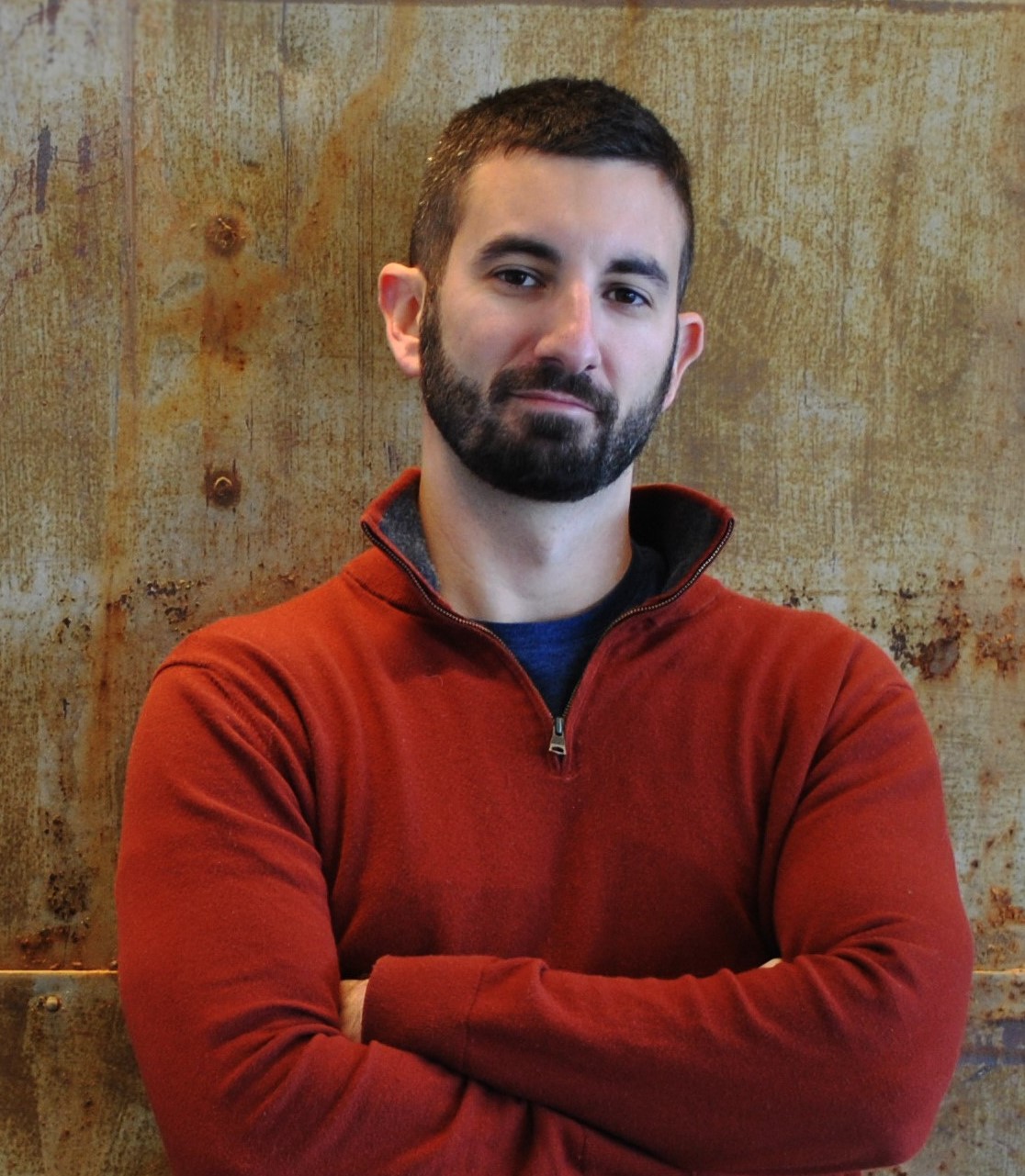 Kyle McEntee
Kyle McEntee


